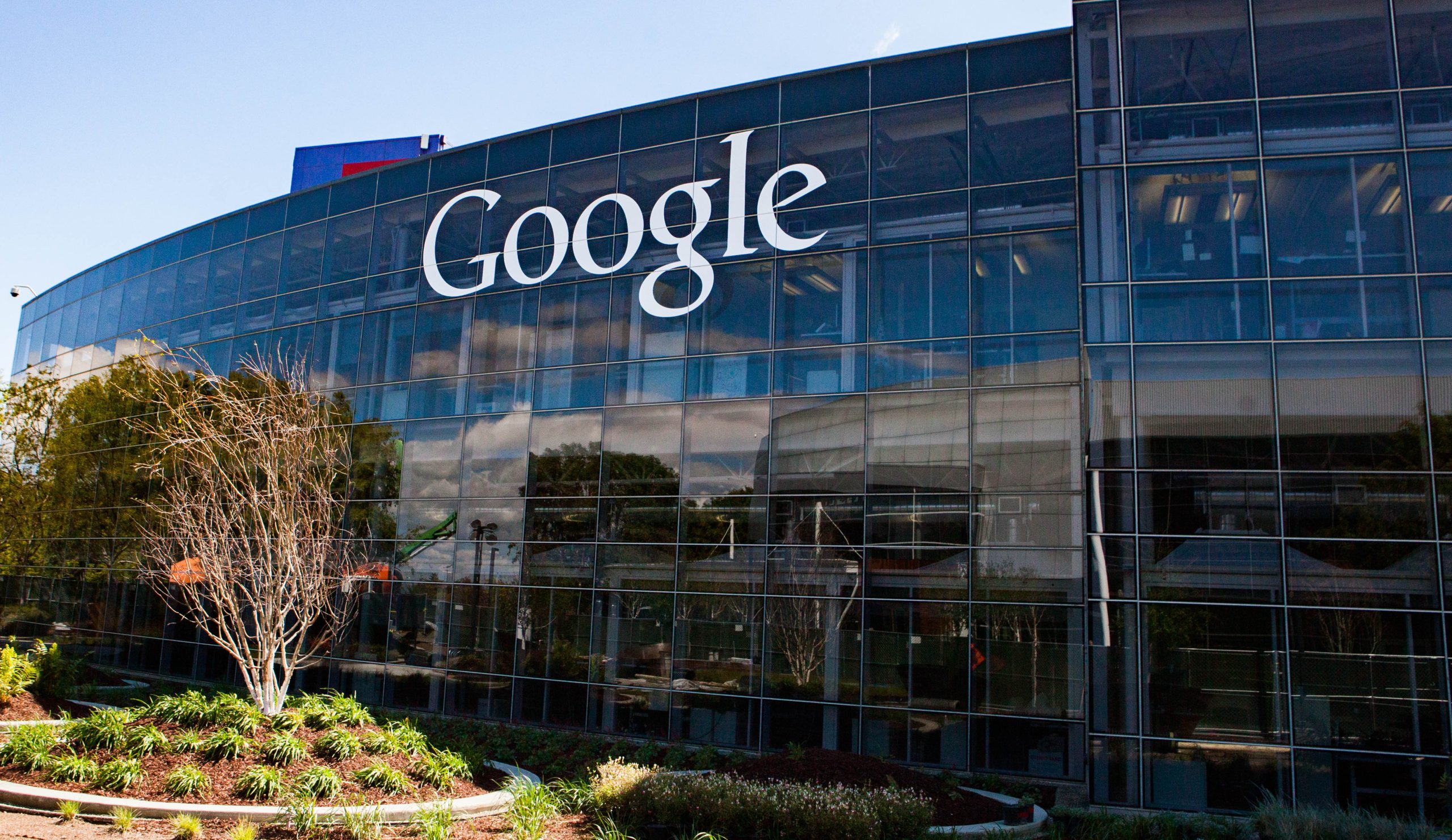Your digital ads just got more expensive, and Europe’s nuclear option against Google explains exactly why. The European Commission dropped a €2.95 billion fine on the search giant for running its advertising technology like a rigged casino—one where Google always knew the other players’ cards.
Google’s Ad-Tech Monopoly Machine
Four years of investigation revealed systematic market manipulation that would make Vegas blush.
Picture this: Google controls roughly 90% of publisher ad servers in Europe, plus 40-80% of advertiser tools, plus about half the ad exchange market. That’s like owning the casino, the slot machines, and the counting room.
Regulators found Google’s DoubleClick and AdX platforms gave the company advance notice of competitor bids while funneling demand through its own network. Teresa Ribera, EU Competition Chief, put it bluntly: “Google abused its dominant position in adtech, harming publishers, advertisers, and consumers. This behaviour is illegal under EU antitrust rules.”
The 60-Day Ultimatum That Changes Everything
Google faces its biggest regulatory threat yet—fix the rigging or face forced divestment.
Google has exactly 60 days to propose how it’ll stop playing both sides of every digital ad transaction. Miss that deadline or offer weak sauce reforms? The Commission threatens something unprecedented: forced breakup of Google’s ad-tech empire.
This isn’t another slap-on-the-wrist fine that Google shrugs off. It’s structural surgery with a regulatory scalpel. Google’s Lee-Anne Mulholland fired back, calling the fine “unjustified” and warning it “will hurt thousands of European businesses by making it harder for them to make money.”
The Bigger Picture Beyond Billionaire Fines
US-EU tensions escalate as Trump threatens retaliation against European tech regulation.
This fine landed during peak transatlantic trade sensitivity, with Trump already threatening Section 301 investigations over “discriminatory” EU actions against US companies. But Europe’s patience with behavioral remedies has evaporated—this marks the fourth major Google antitrust penalty in a decade. The message: incremental fixes failed, so structural changes are coming whether Silicon Valley likes it or not.
The ripple effects reach your screen every time you browse. Publishers squeezed by Google’s self-dealing produce less diverse content. Advertisers paying inflated rates pass costs to consumers. When the middleman controls both ends of the market, everyone else gets squeezed—and that includes you scrolling through the results.





























